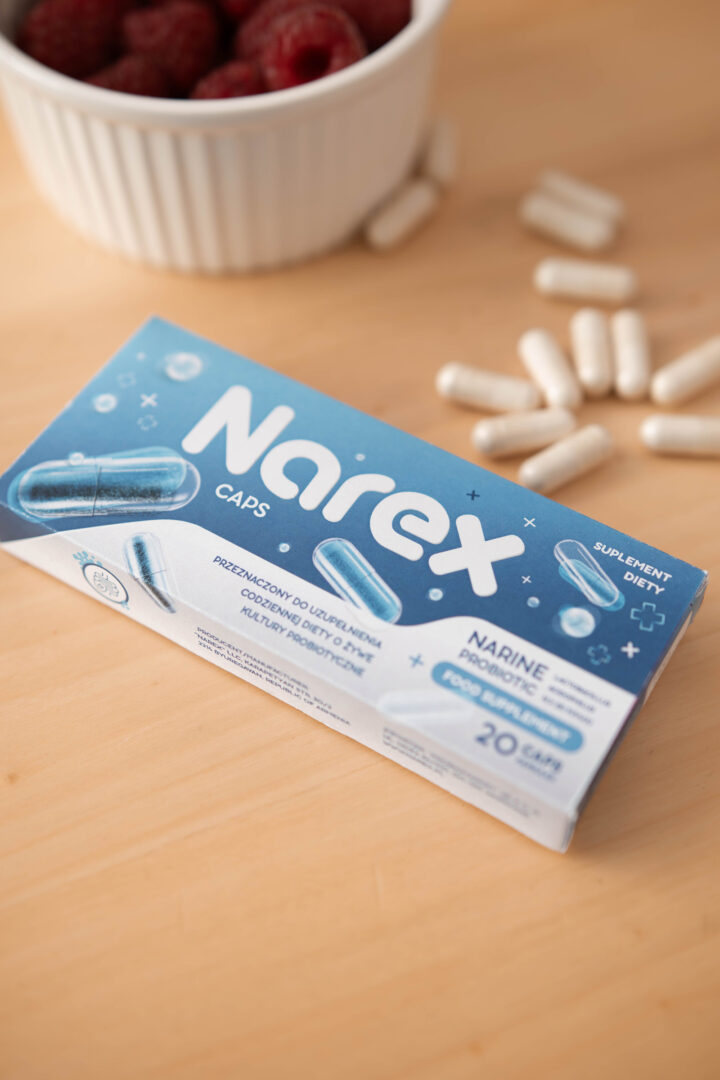
Probiotics and Mental Health
The concept of the gut-brain axis — the complex communication system linking the digestive tract and the brain — is gaining increasing scientific attention. Recent studies show that probiotics, often referred to as “good bacteria,” may play a significant role in supporting mental health. But how can the microorganisms living in your gut influence your mood, emotions, and even the way you think?
The Gut-Brain Axis Explained
The gut-brain axis is a two-way communication network connecting the gastrointestinal tract and the brain through neural, hormonal, and immune pathways. Research indicates that the gut microbiota can send signals to the brain, influencing emotional responses, stress levels, and behavior.
The Role of Probiotics in Mental Well-Being
Probiotics are live bacterial cultures that, when consumed in adequate amounts, can offer numerous health benefits — including for mental health. Here are some of their potential effects:
Reducing symptoms of depression and anxiety – Certain probiotic strains have been shown to help lower symptoms of depression and anxiety. They may influence the production and regulation of neurotransmitters such as serotonin and dopamine, which are crucial for mood regulation.
Alleviating stress – Probiotics may help modulate the body’s stress response by supporting hormonal balance and reducing inflammation, both of which are essential for maintaining emotional stability.
Improving sleep quality – A balanced gut microbiota can contribute to better sleep by supporting melatonin production, the hormone responsible for regulating the sleep-wake cycle.
Practical Ways to Use Probiotics
Incorporating probiotics into your daily routine can be an effective way to support mental health. They can be found in fermented foods such as yogurt, kefir, kimchi, and miso, or taken as supplements after consulting a healthcare professional.
Although more research is needed to fully understand the connection between probiotics and mental health, current evidence is promising. Probiotics may serve as a valuable tool for improving mood, reducing stress, and enhancing overall mental well-being by acting through the gut-brain axis.







